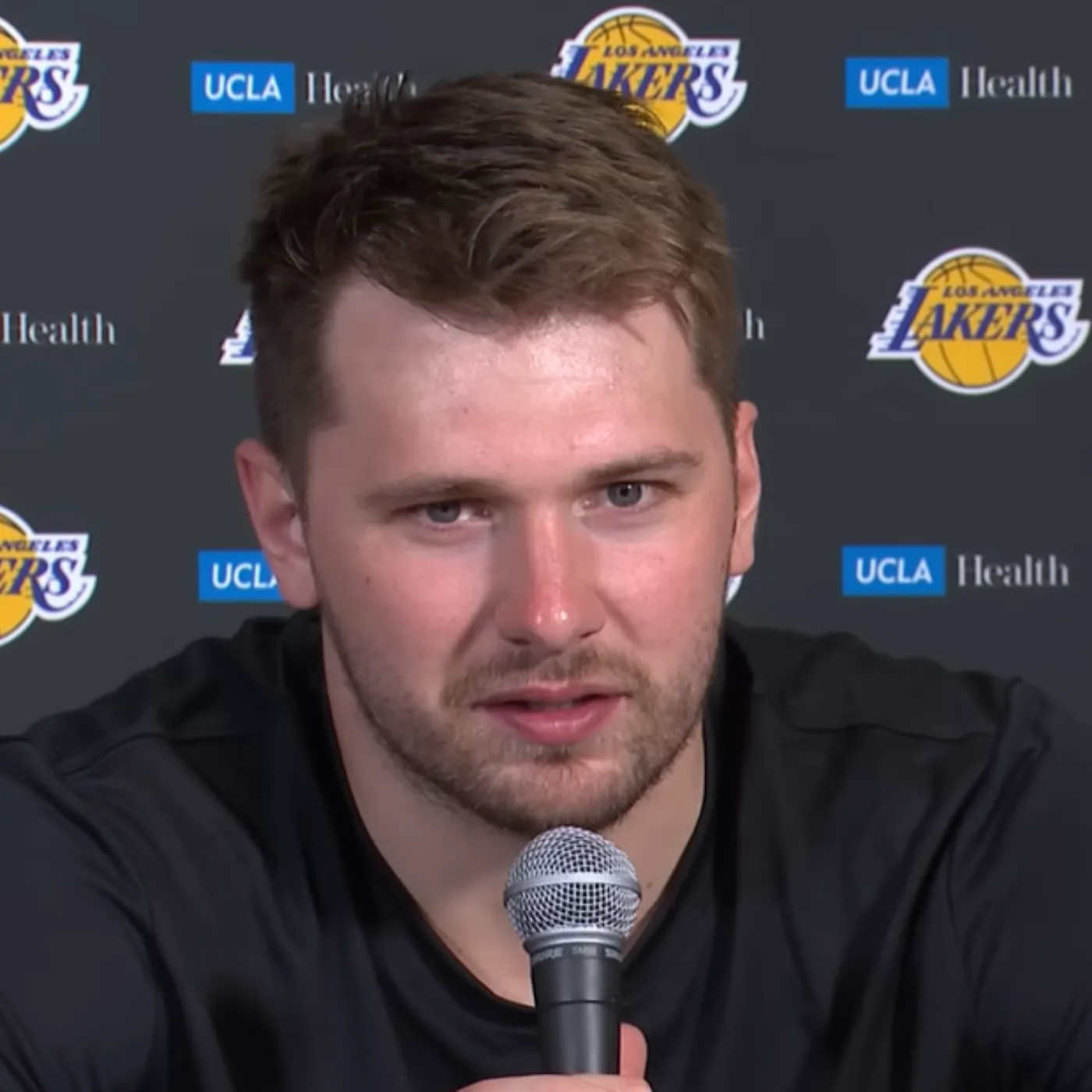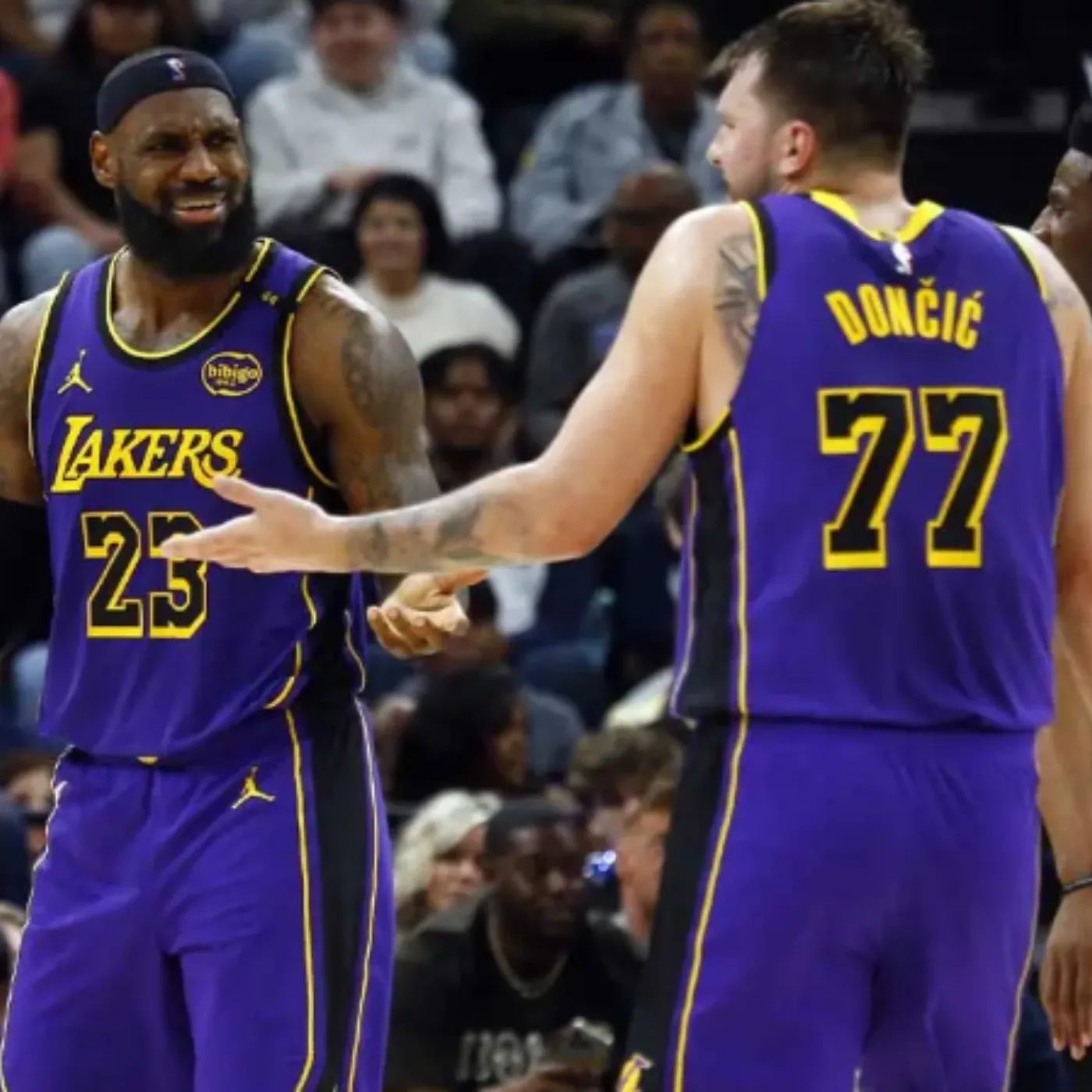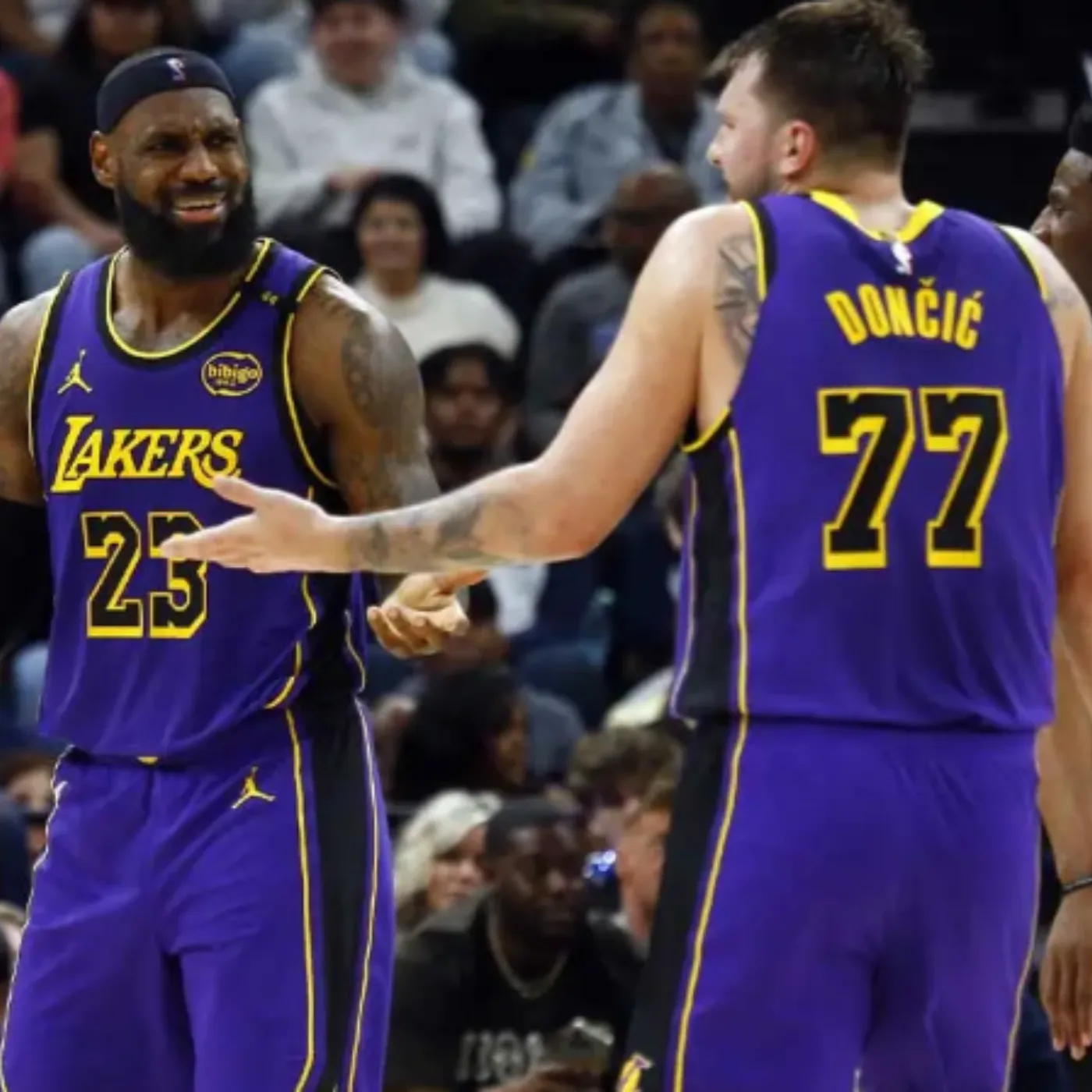
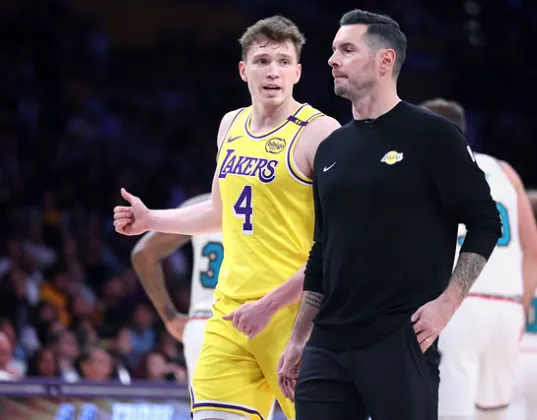
JJ Redick Wastes Talent Dalton Knecht: What Is Really Happening in the Lakers’ Locker Room?
The Los Angeles Lakers are deep in their playoff hunt, yet a quiet storm may be brewing in their locker room. While stars like LeBron James and Anthony Davis continue to dominate the headlines, rookie sensation Dalton Knecht has captured attention for an entirely different reason—he’s not being utilized to his full potential. Under head coach JJ Redick, many fans and analysts are beginning to ask the same question: Is Redick wasting the emerging talent of Dalton Knecht?
Dalton Knecht’s breakout potential
Dalton Knecht was drafted with high expectations after a stellar NCAA career where he averaged over 20 points per game with elite shooting splits. Known for his three-point precision, athletic finishes at the rim, and high basketball IQ, Knecht looked like the kind of player who could make an immediate impact, especially on a veteran team looking for fresh legs and shooting help.
In his limited minutes during the regular season, he showed flashes of brilliance. His 27-point performance, coupled with 8 rebounds in the final regular-season game, wasn’t just a highlight—it was a message. Knecht proved he could contribute at the NBA level, not just as a role player but potentially as a playoff weapon.
So why isn’t he getting more minutes?
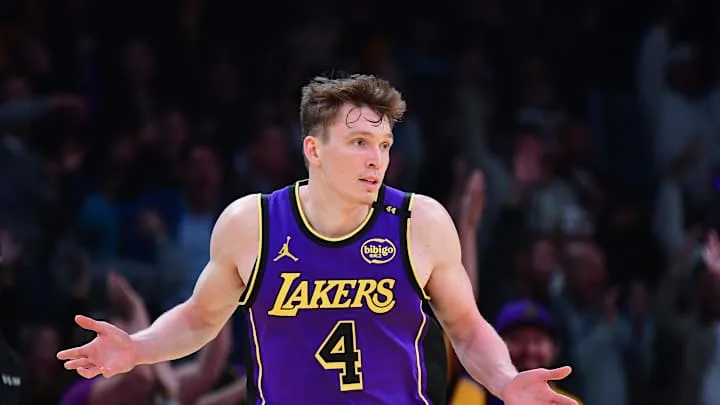
JJ Redick’s conservative rotations raise questions
JJ Redick, in his first year as head coach, has taken a conservative approach. He’s leaned heavily on his experienced core—LeBron James, Anthony Davis, D’Angelo Russell, and Austin Reaves—while leaving younger players like Knecht with minimal playing time. In theory, it’s a strategy rooted in trust. But Redick’s tight rotation has drawn criticism, especially when the Lakers’ bench struggles to maintain momentum during key stretches.
Redick, a former NBA sharpshooter himself, understands the value of shooting. That makes his hesitation to unleash Knecht all the more confusing. In games where the Lakers have lacked perimeter scoring or struggled with ball movement, Knecht’s versatility and energy could be game-changing.
This has led to growing speculation: Is this simply a rookie development issue, or is there something deeper going on?
Locker room dynamics and hierarchy
Veteran-dominated teams like the Lakers often have defined roles and pecking orders. While Dalton Knecht has the tools to be a future star, earning trust in a LeBron-led locker room is no small feat. LeBron values consistency, basketball IQ, and defensive discipline—traits that can take time for rookies to refine at the NBA level.
There’s also the possibility that Redick is managing locker room egos and minutes delicately. Giving a rookie increased usage could come at the cost of bench veterans like Taurean Prince or even Austin Reaves, who has become a trusted part of the Lakers’ core. In that light, Knecht may simply be a victim of internal politics.
Still, with Knecht’s explosive ability and calm presence on the court, his lack of minutes seems increasingly unjustifiable, especially when the Lakers’ offense becomes stagnant.
Fan backlash and media spotlight
The fan base has noticed. Social media has been ablaze with calls for Redick to “free Knecht.” Lakers fans, notorious for their high expectations and sharp basketball knowledge, are voicing frustration about how a potential difference-maker is sitting idle while the team struggles to maintain leads.
Commentators on national sports shows have joined the conversation. ESPN’s Kendrick Perkins said, “Dalton Knecht is a bucket. I don’t know what JJ is doing, but if he doesn’t trust this kid now, he may regret it by Game 5.”
Even Charles Barkley chimed in during a TNT halftime segment, stating, “You got a young guy who can shoot, who plays hard, and who’s confident. Why are you keeping him in a tracksuit?”
This increasing media scrutiny is putting pressure on Redick to adapt his strategy.
Is Redick playing the long game?
Some argue that Redick is protecting Knecht. It’s no secret that NBA playoffs are grueling and high-stakes, and Redick might believe the rookie is better off learning from the sidelines this year, developing under less intense scrutiny.
There’s also a strategic element—by not showing all his cards early, Redick might be planning to unleash Knecht as a secret weapon later in the playoffs, once opponents have settled into game plans built around the current rotation.
But this theory only works if the Lakers are winning. And when they falter, every underused asset becomes a glaring omission. Especially someone with Knecht’s upside.
Comparisons to past Lakers rookies
The Lakers have a history of uneven rookie development. Fans remember how Kyle Kuzma burst onto the scene, while players like Talen Horton-Tucker struggled to maintain a consistent role. Knecht’s situation feels eerily familiar, but his overall game is arguably more polished than both Kuzma and THT when they entered the league.
Knecht isn’t just a scorer—he’s also a solid rebounder and has shown a willingness to defend. He brings a level of maturity and poise uncommon in most rookies, which makes Redick’s reluctance to give him more than 10–15 minutes per game even more frustrating to watch.
What Dalton Knecht represents for the Lakers’ future
LeBron James isn’t going to play forever. While his current level of play is still elite, the Lakers must plan for the post-LeBron era. Dalton Knecht could be a foundational piece in that transition.
By not giving him playoff reps now, Redick may be delaying that transition and risking alienation of a potential future star. In the NBA, player confidence is everything—and showing trust in young talent can pay huge dividends, both short- and long-term.
Knecht is not just a rotational player—he’s a future cornerstone.
The risk of waiting too long
If the Lakers are eliminated early in the playoffs and Knecht sees little court time, the organization will face tough questions. Why didn’t they trust their rookie when the bench was sputtering? What might have happened if they had given Knecht the green light?
For a franchise with championship aspirations, not maximizing every asset is a mistake they can’t afford. Especially in the ruthless Western Conference, where every possession counts, and every bench player’s contribution can tilt a series.
Player response and locker room unity
To his credit, Dalton Knecht has remained professional. He’s said the right things in interviews, talking about learning from LeBron and “staying ready.” But make no mistake—he knows he belongs on that court.
LeBron James has also subtly praised the rookie in postgame interviews, calling him “a sponge” and “one of the most mature rookies I’ve seen in a while.” These comments hint that there may not be tension, but rather a delicate balancing act behind the scenes.
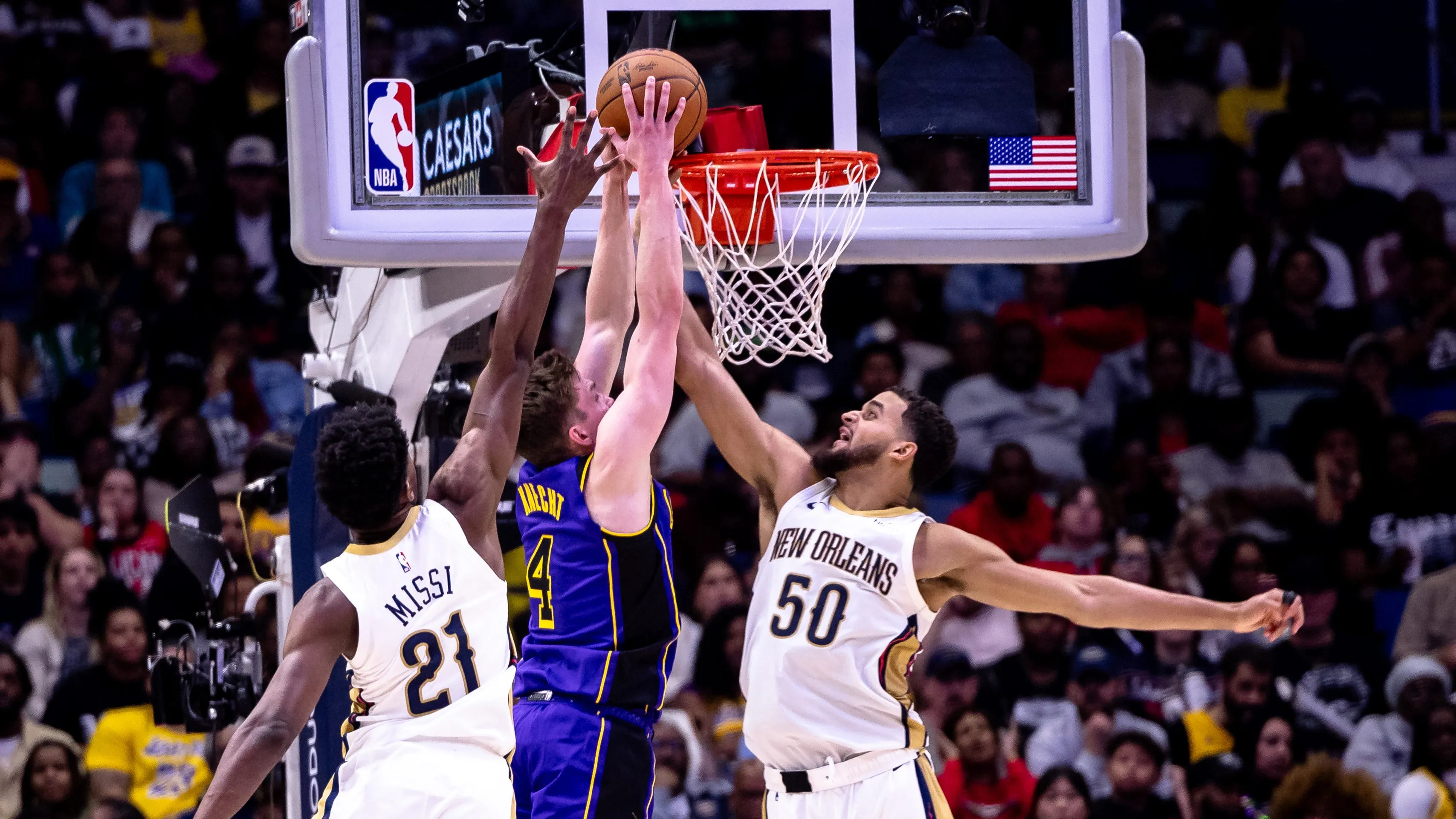
Still, if the Lakers struggle and Knecht remains benched, even veterans may begin to question the coaching strategy.
Will JJ Redick adjust in time?
The playoffs are unforgiving. JJ Redick, a rookie coach himself, must walk the fine line between loyalty to veterans and responsiveness to the moment. Knecht offers something the Lakers need: youth, energy, scoring off the bench, and momentum-changing plays.
It’s not too late. A couple of poor shooting nights from the bench, or even an injury, could force Redick’s hand. But ideally, the adjustment happens by choice, not necessity.
If Redick is the student of the game he claims to be, he should recognize Dalton Knecht is more than ready.
Conclusion: A defining moment for the Lakers and Knecht
Dalton Knecht represents more than a talented rookie. He embodies a transition era, the next generation of Lakers basketball, and the opportunity to bridge the current championship window with future success.
JJ Redick’s decisions in these playoffs will speak volumes—not just about his coaching philosophy, but about the Lakers’ commitment to nurturing elite young talent.
The question isn’t whether Knecht is ready.








